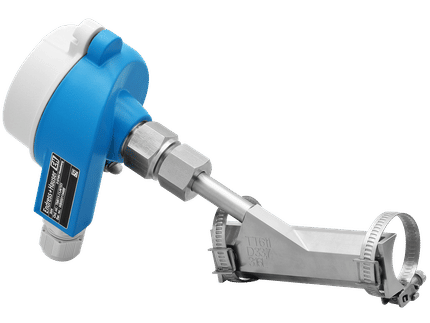To use all functions of this page, please activate cookies in your browser.
my.chemeurope.com
With an accout for my.chemeurope.com you can always see everything at a glance – and you can configure your own website and individual newsletter.
- My watch list
- My saved searches
- My saved topics
- My newsletter
MPPP
MPPP (1-methyl-4-phenyl-4-propionoxypiperidine, Desmethylprodine) is an opioid analgesic drug. It is not used in clinical practice, but has been illegally manufactured for recreational drug use. It is an analog of meperidine (Demerol), but since it is not used in medicine, the DEA has labeled it a Schedule I drug in the United States. In fact, it is the reversed ester of meperidine and is listed as having 70% of the potency of morphine. Product highlightThe drug was first illicitly synthesised by a graduate student called Barry Kidston. Kidston had apparently studied a 1947 paper by Albert Zeiring. By reversing the ester of the meperidine skeleton, a drug approaching the potency of morphine was produced. However, the intermediate tertiary alcohol is liable to dehydration in acidic conditions if the reaction temperature rises above -30°C, and since Kidston did not realise this and esterified the intermediate with propanoic anhydride at room temperature, MPTP was formed as a major impurity.[1] 1-methyl-4-phenyl-1,2,5,6-tetrahydropyridine (MPP+), a metabolite of MPTP, causes rapid onset of irreversible symptoms similar to Parkinson's Disease.[2][1] MPTP is metabolized to the neurotoxin MPP+ by the enzyme MAO-B, which is expressed in neurons. This selectively kills brain tissue in the area of the brain called the substantia nigra and causes Parkinsonian symptoms.[3]
References
|
||||||||||||||||||||||||||||||||||||||||||
| This article is licensed under the GNU Free Documentation License. It uses material from the Wikipedia article "MPPP". A list of authors is available in Wikipedia. | ||||||||||||||||||||||||||||||||||||||||||







